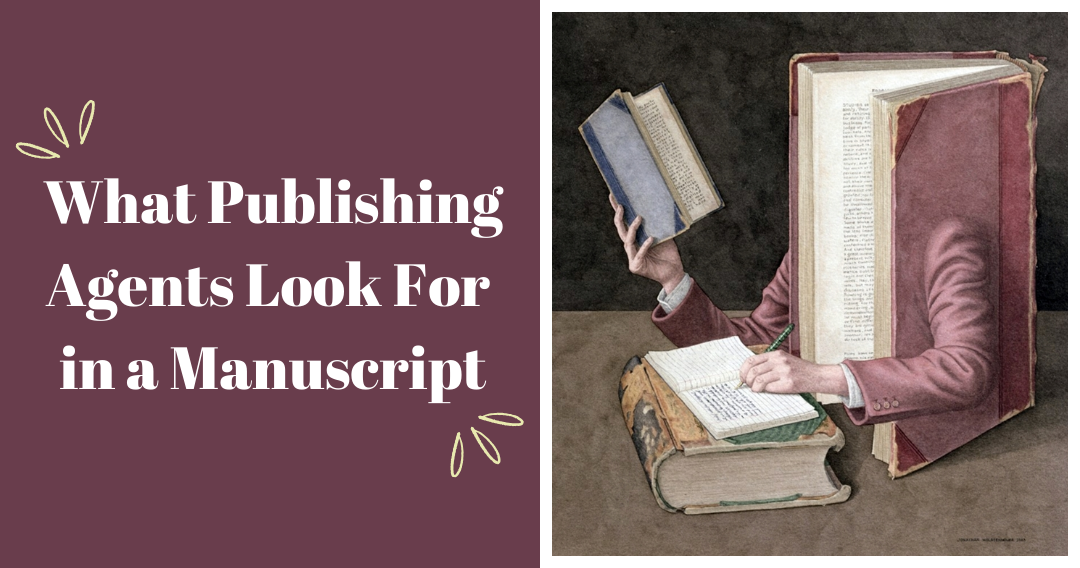If you’re a writer who’s considering hiring a literary agent to pitch your book, you might be wondering what exactly it is that they look for in a manuscript. Here’s the thing: for your book to be picked up by a literary agent, it already has to be brilliant. Understanding what grabs a book agent’s attention can help you tweak and polish your manuscript to get a better chance at being represented.
In this article, we’ll break down what literary agents want in a manuscript, from the first word to the final page.
- A Strong, Original Concept: Literary agents receive hundreds, sometimes thousands, of submissions each month. But what makes them pause is a manuscript with a clear, compelling, and original concept. Literary agencies are drawn to ideas that feel fresh but still sit comfortably within a genre they can sell.
- Solid Structure and Pacing: Even if you have the most brilliant idea, your story can fall flat without proper structure or pacing. Poor pacing can lead to an awkward plot progression and disengage your readers from the story. The way you pace your manuscript depends on the genre of your book. For instance, a thriller needs to build suspense and be fast-paced, while a literary fiction may allow for slower, more reflective moments.
- A Well-Defined Voice: A distinct and consistent narrative voice helps your manuscript stand out. Voice is what makes your writing instantly recognizable and unmistakably yours. Think of it as the personality of your writing. It shows in your word choice, tone, rhythm, and how your characters think and speak.
- Market Awareness: Literary agents aren’t just looking for a good book; they’re looking for a sellable one. This means your book needs to have commercial potential and cater to your target audience. You don’t necessarily have to write to market trends, but understanding your genre and consumer base is vital.
Here’s a tip: It’s always good to add 2-3 comparable titles or “comp” titles in your query letter. Comp titles are books that have been published previously and are similar to yours. This lets the agent know that you’re tuned in to the current publishing landscape and helps them position your book in the market.
Once you’ve confirmed that your manuscript meets all the criteria, it’s time to pitch it to a literary agency. There’s no point in writing a brilliant manuscript if you can’t do enough justice to your work when you pitch it. If you need to create the perfect proposal, let us help you! Check out our agenting services here.








